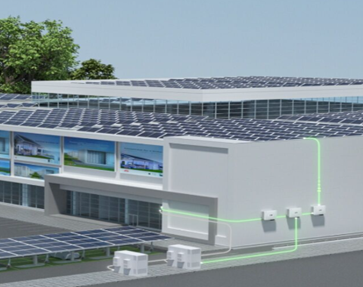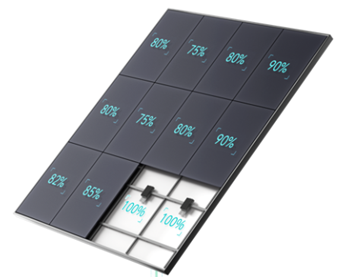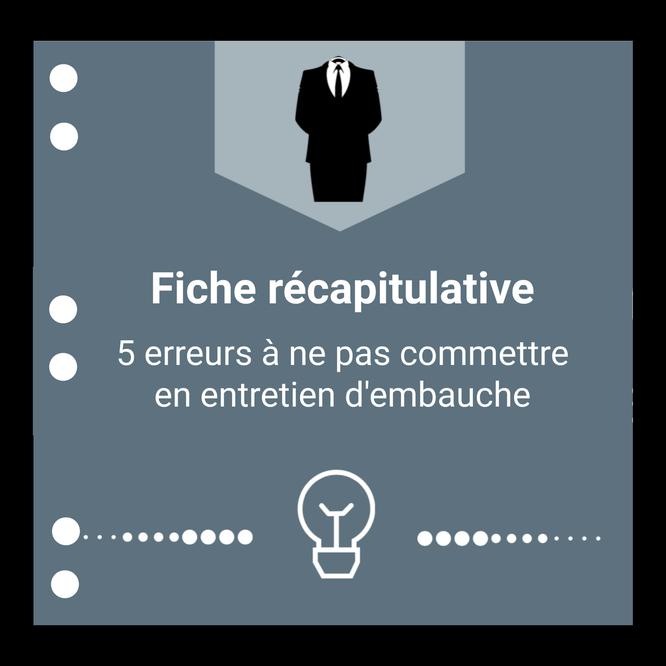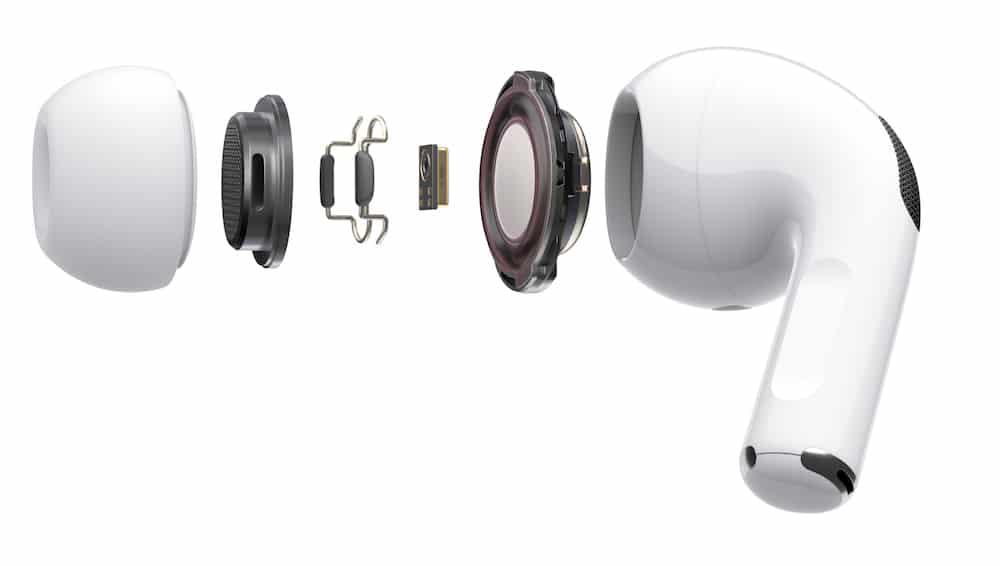How to Integrate Solar Solutions with Your Business
As businesses worldwide increasingly prioritize sustainability and cost-effectiveness, the integration of solar solutions has emerged as a strategic and environmentally conscious choice. Transitioning to solar power not only reduces operational costs but also positions businesses as leaders in corporate responsibility. In this article, we explore the step-by-step process of seamlessly integrating solar solutions into your business operations.

1. Conduct a Comprehensive Energy Audit
Before diving into solar integration, conduct a thorough energy audit of your business. Assess your current energy consumption patterns, peak usage times, and areas where energy efficiency improvements can be made. This audit serves as the foundation for determining the size and capacity of the solar system needed to meet your business's energy demands.
2. Set Clear Objectives and Goals
Establish clear objectives for integrating solar solutions into your business. Determine whether your primary goal is to reduce electricity costs, achieve energy independence, or enhance your corporate sustainability profile. Having well-defined goals will guide the decision-making process and help in measuring the success of your solar integration efforts.
3. Understand Local Regulations and Incentives
Familiarize yourself with local regulations and incentives related to solar energy adoption. Many governments offer financial incentives, tax credits, and rebates to businesses investing in renewable energy sources. Understanding and leveraging these incentives can significantly reduce the upfront costs of installing solar systems and accelerate the return on investment.
4. Engage a Professional Solar Installer
Collaborate with a reputable and certified solar installer to ensure a smooth and efficient integration process. Professional installers have the expertise to conduct on-site assessments, design an optimal solar system, and navigate local permitting and regulatory requirements. Their knowledge ensures that your solar solution meets industry standards and maximizes energy generation.
5. Determine the Appropriate Solar System Size
Based on the information gathered from the energy audit, work with your solar installer to determine the appropriate size and capacity of the solar system. Consider factors such as available roof space, sunlight exposure, and the specific energy needs of your business. The goal is to design a system that aligns with your energy goals and provides maximum efficiency.
6. Select High-Quality Solar Components
Choose high-quality solar panels, inverters, and other components for your solar system. While upfront costs may vary, investing in reliable and efficient components pays off in terms of long-term performance and durability. Discuss the options with your solar installer and select a combination that best suits your business's needs and budget.

7. Incorporate Energy Storage Solutions
Enhance the versatility of your solar solution by incorporating energy storage solutions, such as batteries. This allows your business to store excess energy generated during peak sunlight hours for use during periods of low sunlight or power outages. Energy storage enhances resilience and ensures a continuous power supply.
8. Implement Monitoring and Maintenance Protocols
Implement a robust monitoring system to track the performance of your solar solution. Many solar systems come with monitoring tools that allow you to analyze energy production, detect potential issues, and optimize performance. Additionally, establish a regular maintenance schedule to ensure the longevity and efficiency of your solar system.
Conclusion
Integrating solar solutions into your business is a strategic decision that brings economic, operational, and environmental benefits. By following these steps, businesses can seamlessly transition to solar power, reducing their carbon footprint, lowering operational costs, and contributing to a more sustainable future. The integration of solar solutions is not just an investment in technology; it's an investment in the long-term resilience and responsible practices of your business. So embrace the power of the sun and illuminate the path toward a greener and more sustainable business environment.



![PAU - [ Altern@tives-P@loises ] PAU - [ Altern@tives-P@loises ]](http://website-google-hk.oss-cn-hongkong.aliyuncs.com/drawing/179/2022-3-2/21584.jpeg)

![Good deal: 15% bonus credit on App Store cards of €25 and more [completed] 🆕 | iGeneration Good deal: 15% bonus credit on App Store cards of €25 and more [completed] 🆕 | iGeneration](http://website-google-hk.oss-cn-hongkong.aliyuncs.com/drawing/179/2022-3-2/21870.jpeg)





Related Articles